By continuing to browse our site you agree to our use of cookies, revised Privacy Policy and Terms of Use. You can change your cookie settings through your browser.
I agree
Search Trends
CHOOSE YOUR LANGUAGE
- Albanian Shqip
- Arabic العربية
- Belarusian Беларуская
- Bengali বাংলা
- Bulgarian Български
- Cambodian ខ្មែរ
- Croatian Hrvatski
- Czech Český
- English English
- Esperanto Esperanto
- Filipino Filipino
- French Français
- German Deutsch
- Greek Ελληνικά
- Hausa Hausa
- Hebrew עברית
- Hungarian Magyar
- Hindi हिन्दी
- Indonesian Bahasa Indonesia
- Italian Italiano
- Japanese 日本語
- Korean 한국어
- Lao ລາວ
- Malay Bahasa Melayu
- Mongolian Монгол
- Myanmar မြန်မာဘာသာ
- Nepali नेपाली
- Persian فارسی
- Polish Polski
- Portuguese Português
- Pashto پښتو
- Romanian Română
- Russian Русский
- Serbian Српски
- Sinhalese සිංහල
- Spanish Español
- Swahili Kiswahili
- Tamil தமிழ்
- Thai ไทย
- Turkish Türkçe
- Ukrainian Українська
- Urdu اردو
- Vietnamese Tiếng Việt
Copyright © 2024 CGTN.
京ICP备20000184号
CHOOSE YOUR LANGUAGE
- Albanian Shqip
- Arabic العربية
- Belarusian Беларуская
- Bengali বাংলা
- Bulgarian Български
- Cambodian ខ្មែរ
- Croatian Hrvatski
- Czech Český
- English English
- Esperanto Esperanto
- Filipino Filipino
- French Français
- German Deutsch
- Greek Ελληνικά
- Hausa Hausa
- Hebrew עברית
- Hungarian Magyar
- Hindi हिन्दी
- Indonesian Bahasa Indonesia
- Italian Italiano
- Japanese 日本語
- Korean 한국어
- Lao ລາວ
- Malay Bahasa Melayu
- Mongolian Монгол
- Myanmar မြန်မာဘာသာ
- Nepali नेपाली
- Persian فارسی
- Polish Polski
- Portuguese Português
- Pashto پښتو
- Romanian Română
- Russian Русский
- Serbian Српски
- Sinhalese සිංහල
- Spanish Español
- Swahili Kiswahili
- Tamil தமிழ்
- Thai ไทย
- Turkish Türkçe
- Ukrainian Українська
- Urdu اردو
- Vietnamese Tiếng Việt
Copyright © 2024 CGTN.
京ICP备20000184号
互联网新闻信息许可证10120180008
Disinformation report hotline: 010-85061466









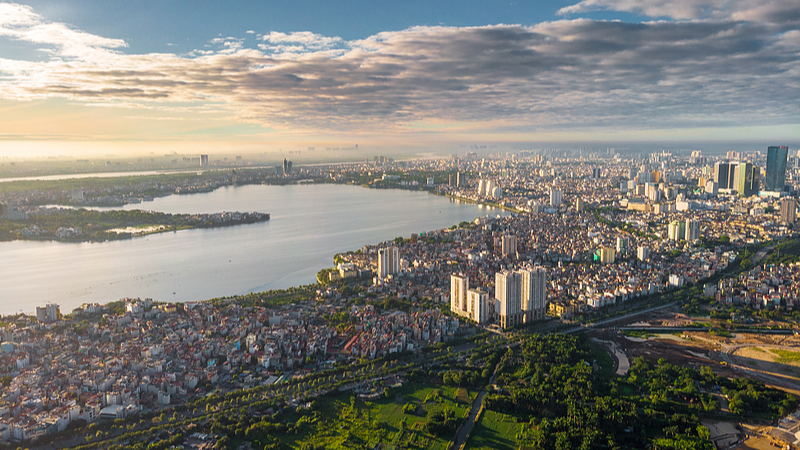


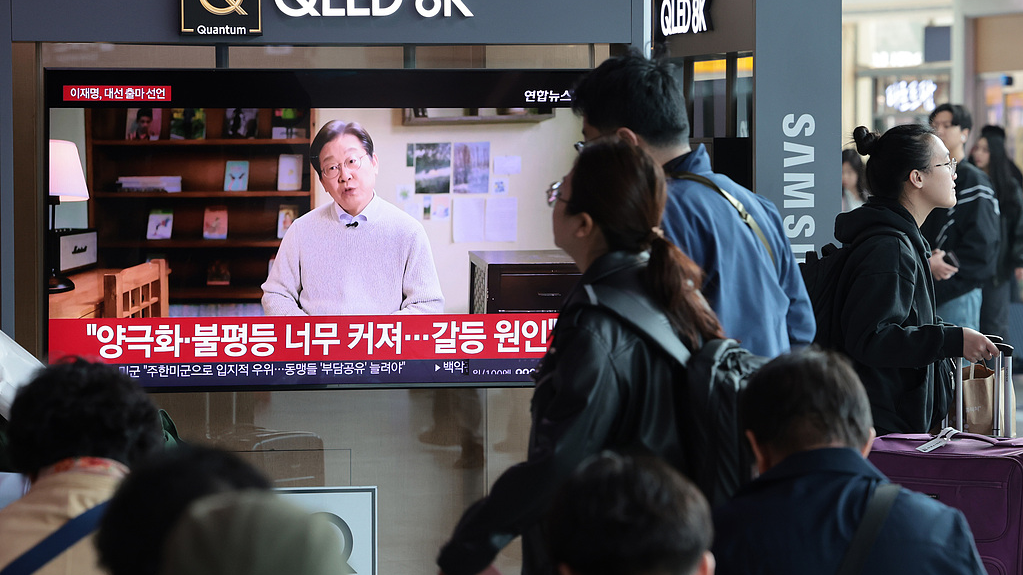

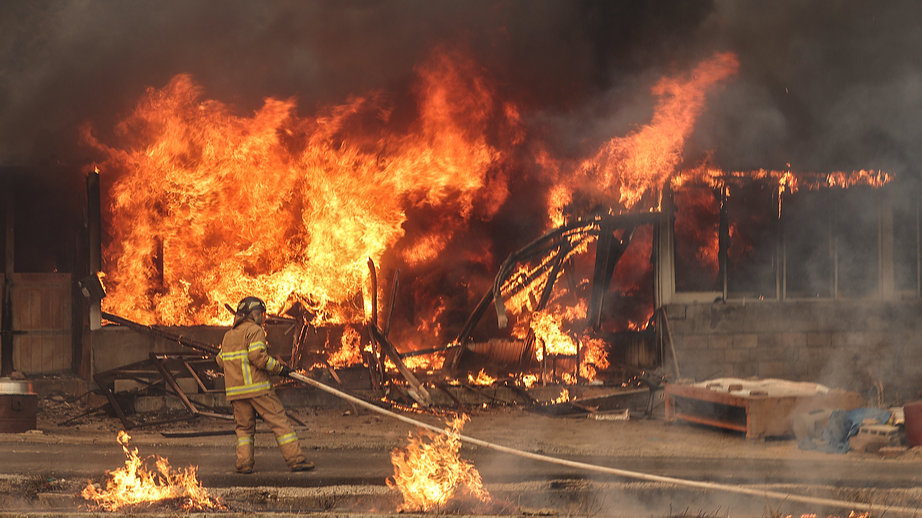

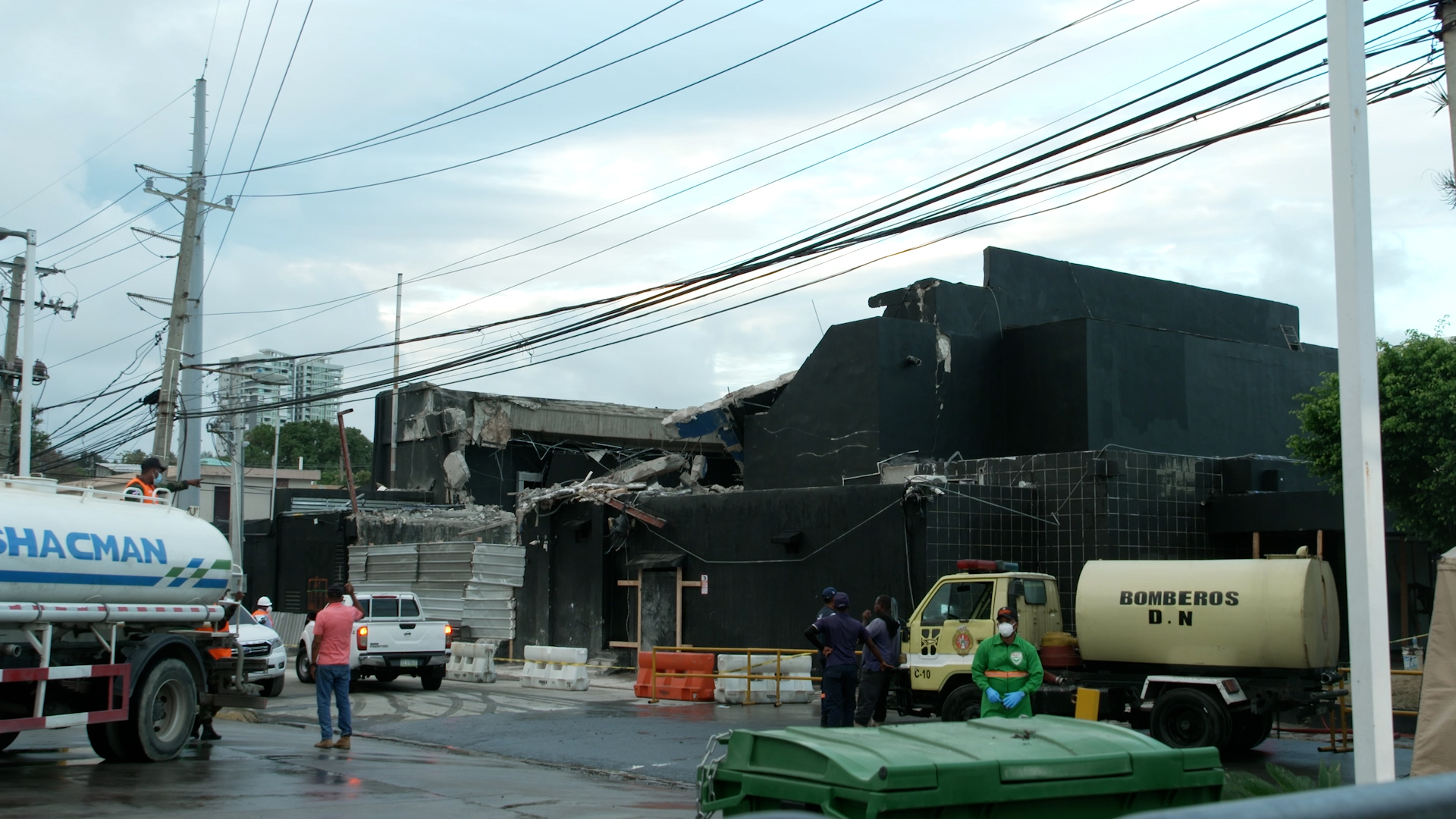
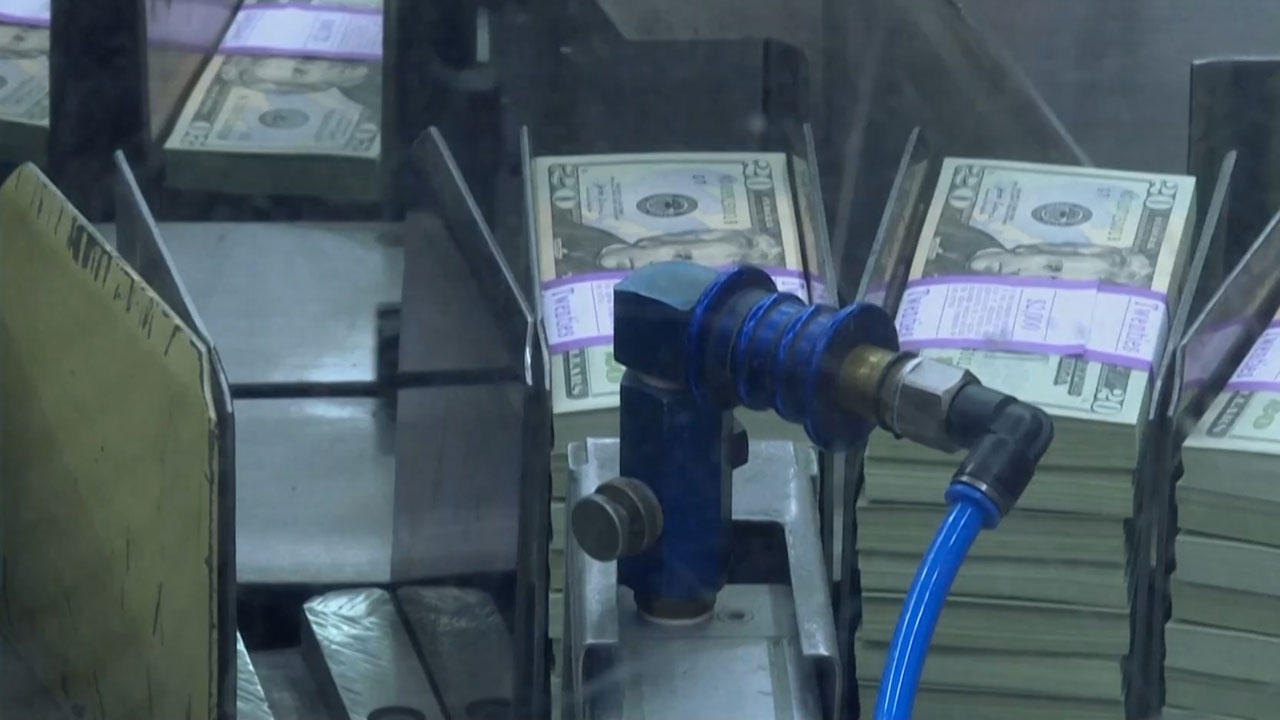


Here are a few stories from around Asia you may have missed this week.
2004 was South Korea's hottest year in half a century
Residents of Seoul, South Korea, cool off in Gwanghwamun Square as high temperatures continue across South Korea in the evening in Seoul, South Korea. August 7, 2024. /CFP
South Korea saw its hottest year in half a century in 2024. The country's nationwide average temperature was 14.5 degrees Celsius in 2024, making it the warmest year since 1973, said the climate report from the Korea Meteorological Administration released on Tuesday. South Korea saw 103.6 abnormally warm days based on daily low records and 76.7 abnormally warm days based on daily high records. Abnormally warm days, as defined by the administration, refer to days when daily low and high temperatures fall outside the 10 percent of historical averages for that time of the year. The average summer temperature was 25.6 degrees Celsius, making the summer of 2024 the hottest since 1973. Based on average summer temperature records, it was 1.9 degrees Celcius hotter than previous years.
Tokyo gets Japan's second baby batch
FILE: Baby hatch at the Jikei hospital in Kumamoto. /AFP
A Tokyo hospital got Japan's second "baby hatch" on Monday for accepting babies in cases of unwanted pregnancies to prevent parents from abandoning them in unsafe conditions. Newborns within four weeks of age can now be placed in a basket in a quiet room with a discreet entrance at a hospital in Tokyo run by the Sanikukai Foundation. Sanikukai is only Japan's second medical institution to open a baby hatch after the Catholic-run Jikei hospital in Kumamoto Prefecture opened one in 2007. The scheme, open 24 hours a day, is meant to be an "emergency, last-resort measure" to save babies' lives," Hitoshi Kato, head of Sanikukai Hospital, told a news conference. There are still "mothers and babies with nowhere to go," he added. As of May last year, 179 babies and toddlers have reportedly been left at Jikei's baby hatch.
Dozens injured in Malaysia after gas pipeline fire
Flames rise from a a fire after a gas pipeline operated by Malaysia's state energy firm Petronas caught fire, in Puchong, Malaysia April 1, 2025. /Reuters
Dozens of people in Malaysia were being treated in hospitals on Tuesday after a massive fire broke out at a gas pipeline operated by state energy giant Petronas, showering flaming debris from the sky and shattering windows. Authorities said a blaze in Puchong on the outskirts of the capital Kuala Lumpur had been extinguished. At least 305 people were affected, including those left homeless after some 190 homes were damaged. Malaysia's Prime Minister Anwar Ibrahim said the state government and Petronas would take full responsibility for restoring the area, adding that the process could take a year.
Thailand's economic activity slows in February
Tourists pray to the statue of Brahma, the creator god, for good luck at the Erawan Temple in Bangkok, Thailand, March 14, 2025.
Thailand's economic activity eased in February due to slowing activity in manufacturing and services, according to the central bank, which said it was monitoring any impact on the tourism sector from last week's earthquake in the region.
Tourism, a key driver of the Thai economy, also slowed in February from the previous month.
The Tourism Authority of Thailand reported that the number of Chinese tourists to Thailand in the first two months of this year reached 1 million, down 12 percent from 1.18 million in the same period of 2024, mainly due to economic problems and safety concerns.
The central bank said Friday's quake, which was centered on Myanmar but collapsed a skyscraper under construction in Bangkok, could dent tourism further. "The earthquake may affect tourism confidence and public spending, but it still needs to be assessed," Bank if Thailand Senior Director Pranee Sutthasri told a news conference.
The quake came ahead of "Songkran", the Thai New Year, next month, also known as the water festival and a major attraction for foreign visitors.
The number of foreign tourists dropped 13.9 percent in February from the previous month, while manufacturing declined 1 percent month on month.
(Cover: A boat sails past commercial and residential buildings at sunset in Seoul, South Korea, on Sunday, Aug. 4, 2024. /CFP)